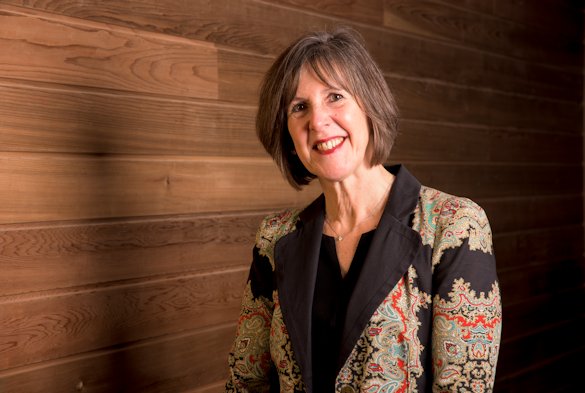
Vice-Chancellor, Professor Janet Beer, took part in a panel discussion on internalisation in a post-truth world at this year’s Going Global event hosted by the British Council.
Taking place this year at the Queen Elizabeth II Centre, London, Going Global is an open forum for leaders in education around the world to debate international higher and further education challenges and to discuss collaborative solutions.
Connecting cities to global knowledge
Going Global 2017 focuses on how HE institutions support city-regional economies and social and civic engagement, connecting the world’s cities to global knowledge and talent, and addressing global challenges.
Professor Beer delivered the opening plenary to the session, ‘Is internationalisation dead in a ‘post-truth’ age?’, appearing alongside Liz McMillen, Editor of the Chronicle, USA (Chair); Professor Ka-Ho Mok, Vice-President and Lam Man Tsan Chair Professor of Comparative Policy, Lingnan University, Hong Kong, SAR China; Professor John Hudzik from Michigan State University, USA; and Dr Nico Jooste, Senior Director of International Education, Nelson Mandela Metropolitan University, South Africa.
The highly interactive discussion took stock of current affairs, exploring whether universities and internationalisation were compatible in a post-truth world.
Transnational education
Professor Beer said: “If ‘a week is a long time in politics’, perhaps we shouldn’t be unsurprised by the tumult and commotion of the past year’s events. The scale of the shift in the tone of our global political conversation has taken all of us by surprise. Values which we in the university sector considered were universally appreciated and understood, have been called into question. The language and possible consequences of the debate have a bearing – directly, or indirectly – on our work as institutions which depend on international cooperation, and on the porousness of national borders for students and academics, in order to flourish.
“One of the ways in which our universities have contributed most substantially to other higher education systems around the world has been through transnational education; there are only 15 countries in the world with no access to UK university transnational education, and almost 700,000 students registered on UK university programmes overseas.
“With the UK’s vote to leave the European Union, and the potential loss of some of the benefits which our universities have enjoyed, particularly through access to Horizon 2020 and the Erasmus scheme, we will have to work harder than ever to support excellent, international collaborative research, and mobility opportunities for staff and students. The commitment of almost £5 billion of new government investment in research and development, to deliver the UK’s industrial strategy, is a step in the right direction.
“UK universities are among this country’s most international institutions, and we have no intention of turning our back on our European colleagues and friends, nor do we intend to step back from our partnerships in teaching, research and innovation with our partners elsewhere in the world. We are, and will remain, international.”
For the full programme of events to watch the plenary sessions, visit: https://www.britishcouncil.org/going-global